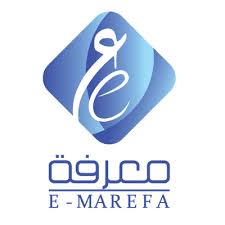The Inductive Argument Between David Hume and Bertrand Russell
DOI:
https://doi.org/10.36602/faj.2014.n02.10Keywords:
Experimental Method, Causality, Induction, David Hume, Problem of InductionAbstract
The experimental method introduced by modern philosophers marked a revolution against Aristotelian logic, stemming from the belief that abstract reasoning alone cannot uncover truths. Instead, they embraced inductive reasoning based on observation and experimentation, using the principle of causality as its foundation. David Hume offered a novel interpretation of causality, shifting it from its Aristotelian conception to a mere temporal sequence between cause and effect. This made him the first European philosopher to articulate the "problem of induction," which questions the justification of inductive inference based on the assumption of uniformity in nature. Hume argued that inductive conclusions are not analytic truths and can therefore be denied without contradiction. Bertrand Russell, though influenced by Hume, developed a different explanation of inductive reasoning informed by contemporary scientific advances, aiming to bridge philosophical and scientific perspectives. This research aims to explore and compare the views of Hume and Russell regarding inductive reasoning, using an analytical comparative method. The study analyzes each philosopher’s stance individually and concludes by highlighting their points of agreement and divergence concerning one of philosophy’s most intricate issues.
Downloads
Published
How to Cite
Issue
Section
License
Copyright (c) 2014 سميرة سالم القويري

This work is licensed under a Creative Commons Attribution 4.0 International License.
All articles published from January 2025 onward are licensed under the Creative Commons Attribution 4.0 International License (CC BY 4.0), which permits use, sharing, adaptation, and redistribution for any purpose, including commercial ones, provided that proper credit is given to the original author and source, a link to the license is provided, and any changes made are indicated.













